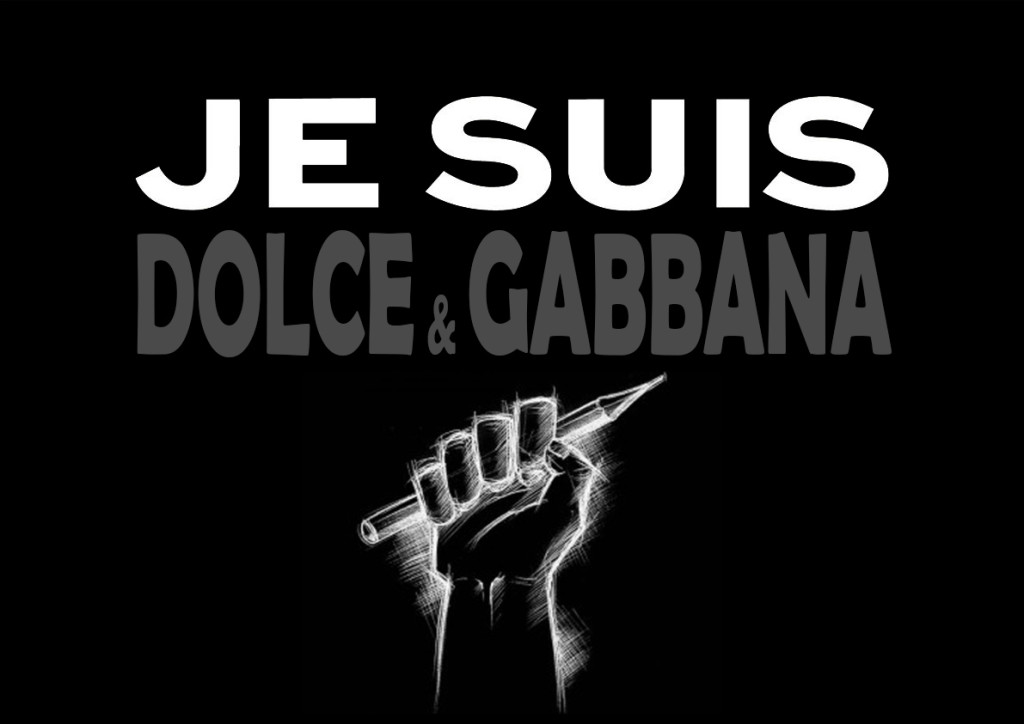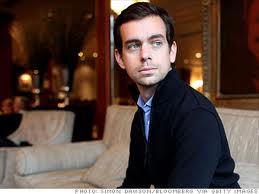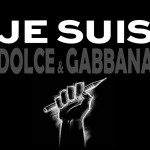Social Network vs menti deboli: Domenico Dolce, Stefano Gabbana e Sir Elton John, oggi, ci danno una lezione.
Dove risiede la libertà di espressione? Quale dove sono i limiti della legge sull’istigazione all’odio? Social Network vs menti deboli, ci avete mai riflettuto? Domenico Dolce, Stefano Gabbana e Sir Elton John, oggi, ci danno una lezione.
Wired scrive oggi nella sua pagina un super articolo, che qua riportiamo in parte (e che vi consigliamo leggere completamente) ma che ci ha fatto pensare molto sul l’influenza dei social networks oggi.
Mi preme dire che non sono fanatico di nessuno dei due partecipanti (ne della musica di Elton John ne dell’abbigliamento di Dolce&Gabbana), ma invece sono molto interessato nel soggetto di discussione, MANIPOLAZIONE DI MASSE e, se da qualche parte esiste, anche DEMOCRAZIA.
Le chiavi di lettura di questo articolo sono:
1- Grazie ai social network, siamo tutti capaci di controllare il 100% delle menti debole o senza personalità?
2- Conseguenze di un post, qualunque social media sia.
3- Oggi siamo tutti capaci di controllare le masse, e senza un minimo di coscienza le conseguenze potrebbero essere devastanti.
4- Grazie alla loro influenza su i nostri politici, oggi si potrebbero scegliere le sorti delle leggi e della vita tra 20 anni, Proprio oggi.
5- Dove risiede la libertà di espressione?
6- Quale dove sono i limiti della legge sull’istigazione all’odio?
7- Social Network vs menti deboli, ci avete mai riflettuto?
Yuleisy Yamiley

Je suis Dolce&Gabbana. Original design by Dr. Pietros Cannon.
Dolce & Gabbana: ma non eravamo tutti Charlie?
“…..Sul tema ho ovviamente le mie idee. Una delle quali, per esempio, è che l’amore non può certo costituire un sacrilegio rispetto agli “schemi prestabiliti” della tradizione. O, peggio, della presunta “normalità”. Lo Stato, come ho già argomentato sulle adozioni ai single, deve smetterla di mortificare i cittadini dividendoli fra persone di serie A e serie B. Semplicemente perché, assegnando o negando diritti sacrosanti in base a parametri senza fondamento, mortifica sé stesso e tutti i suoi cittadini. Inclusi quelli ingiustamente privilegiati.
D’altra parte il fenomeno degli uteri in affitto (di qualsiasi orientamento siano le coppie che vi ricorrono) mi lascia abbastanza perplesso. Specie per le implicazioni neocolonialiste che si porta dietro. Non è un caso che la Thailandia abbia appena vietato la pratica. Ricordate il caso della 21enne Pattaramon Chanbua che ebbe due gemelli “per conto” di una coppia australiana? Uno dei due nacque con la sindrome di Down e i genitori “committenti”, una volta resisi conto della situazione, si rifiutarono di prenderlo con loro, lasciandolo alla poverissima madre naturale. Questo solo per dire che le implicazioni sono decine e non tutte auspicabili. Anzi.
Ma, ripeto, questo lato del dibattito, in particolare se squadernato con l’usuale approssimazione da social network, in questo momento non m’interessa. Per quanto paradossale possa essere. M’interessa pormi e porvi una domanda di metodo: fino a poche settimane fa non eravamo tutti Charlie? Voglio dire, c’è un qualche tipo di proporzione fra le frasi di Domenico Dolce e lereazioni arrivate dai vip di tutto il mondo, a cominciare da Martina Navratilova passando per Ricky Martin fino a Victoria Beckham? Dal profumo scaricato nella tazza del cesso alle mutande scagliate nel cestino fino alle camicie infilate nella differenziata o alle minacce di falò dei capi D&G (Courtney Love). Per non parlare, ovviamente, delle dichiarazioni, dei tweet, dei post. Fra i quali il più equilibrato rimane in fondo il primo, quello di Elton John su Instagram.
D’altronde basterebbero le parole di Stefano Gabbana a chiudere la questione: “Crediamo fermamente nella democrazia e pensiamo che la libertà di espressione sia una base imprescindibile per essa. Noi abbiamo parlato del nostro modo di sentire la realtà ma non era nostra intenzione esprimere un giudizio sulle scelte degli altri. Noi crediamo nella libertà e nell’amore”. Che poi, se anche avessero voluto esprimere un giudizio sui “figli della chimica e sui bambini sintetici”, non avrebbero forse potuto farlo? Quale sarebbe stato il problema? Le nostre emittenti trasmettono a getto continuo le bestialità di chiunque riesca a impossessarsi di un microfono, Twitter si trasforma spesso in un suk dell’odio e due personaggi pubblici – più o meno rispettosamente, il punto mi pare alla fine questo – non possono dire la loro di fronte a un giornalista che li sente per un periodico?
Ripeto: non eravamo forse tutti pronti a immolarci per la libertà d’opinione appena tre mesi fa? O forse c’è un equivoco: siamo disponibili ad accordarla solo a certe categorie – i buffoni di corte, gli umoristi, i giornalisti – imprigionando chiunque altro all’interno di assurdi obblighi d’opinione legati alle dichiarate preferenze sessuali? Da qualsiasi fonte derivi e a (quasi) qualsiasi argomento si applichi, il pensiero unico ci fa fare più passi indietro che in avanti. Intendo sul piano dei diritti per tutti. Certo anche il pensiero stupido non è che aiuti molto….”
Simone Cosimi
Giornalista
L’articolo lo trovate in originale su: WIRED ( http://www.wired.it/attualita/media/2015/03/16/dolce-gabbana-non-eravamo-tutti-charlie/ )










